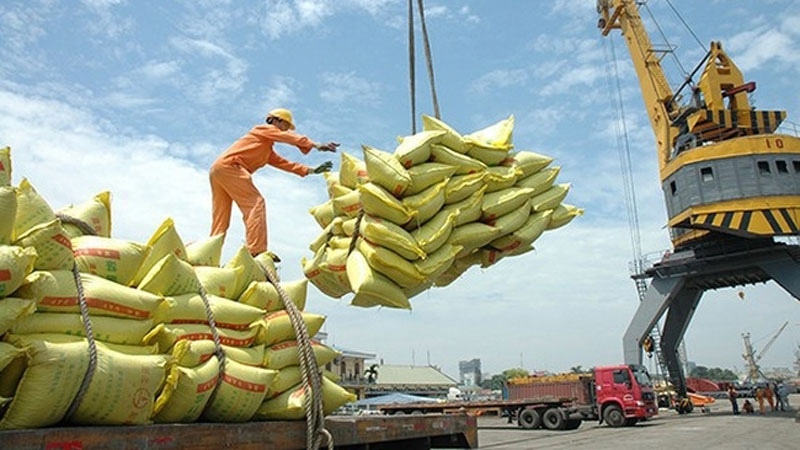



Vietnam’s GDP growth hits a decade-high 7.38% in the first quarter of 2018.
Bloomberg, from the US, commented that the economy, which went into tailspin after a 2012 banking crisis and a collapse in property prices, is in robust health. A sizable middle class with discretionary purchasing power is taking shape as the crude oil, coffee and footwear exporter transforms itself into a manufacturing hub for the likes of Samsung Electronics Co.
The UK’s Financial Times cited Vietnam’s impressive growth figures in diverse fields, saying that the country led Southeast Asia in attracting US$6 billion into initial public offerings last year.
In the first quarter of this year, Vietnam’s gross domestic product (GDP) growth hit a decade-high 7.38%, thanks to strides in industry and construction. Since January, the VN-Index has surged nearly 17%, outpacing major Asian markets and turning the Ho Chi Minh Stock Exchange into one of the world’s top bourses.
The country also surpassed Indonesia to become a major exporter although its economy is only one fifth of Indonesia’s, it stated.
In an article entitled "Vietnam’s manufacturing miracle: Lessons for developing countries” published on the US’s Brookings Institution website, the author said Vietnam’s trade had soared to 190% of the GDP in 2017 from 70% in 2007. Its manufacturing sector has steadily expanded, adding an estimated 1.5 million new manufacturing jobs between 2014 and 2016 alone.
The article said Vietnam’s experience holds lessons for developing and advanced economies alike. The country has objective advantages such as a young workforce, political stability and a geographical location close to major global supply chains. But this is not necessarily what sets Vietnam apart. Instead, the author argued that Vietnam managed to capitalise on its strong foundations through effective policies.
"First, it has embraced trade liberalisation with gusto. Second, it has complemented external liberalisation with domestic reforms through deregulation and lowering the cost of doing business. Finally, Vietnam has invested heavily in human and physical capital, predominantly through public investments”, the article read.
The foreign media also pointed out urgent issues that Vietnam needs to deal with.
According to the News Lens International, only 10% of domestic wastewater and 25% of industrial wastewater in Vietnam is treated before being discharged into rivers. Untreated wastewater has created dead rivers and lakes in and around big cities and industrial zones, undermining the health and livelihoods of millions of people.
Water scarcity and pollution are being exacerbated by climate change and upstream hydropower development, it said.